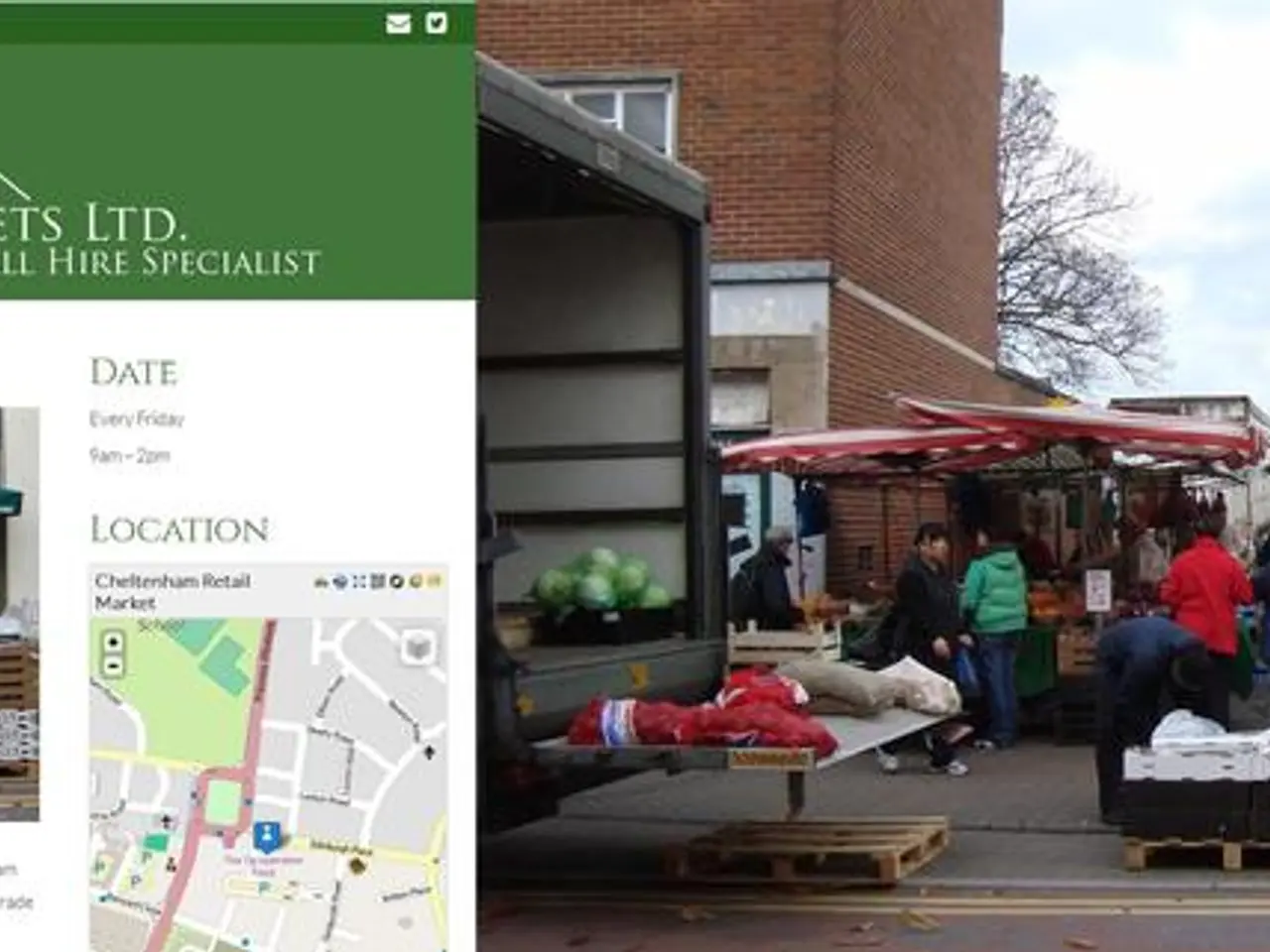Strike Action by Awista in Dusseldorf on Thursday
In the heart of Germany, the trade union ver.di is making a powerful stand for better pay and working conditions in the public sector of Düsseldorf. The ongoing wage negotiations between ver.di and employers in the city have seen significant demands from the union, aimed at addressing the skilled labor shortage and improving the lives of employees.
At the forefront of ver.di's demands are a 12% increase in salaries, a 12% boost to all allowances and shift premiums, and a 12-month duration for the wage collective agreement. The union also seeks to double the contractual travel cost allowance to €40 for employees and €50 for apprentices, and increase apprenticeship allowances by €250 for each year of apprenticeship. Furthermore, ver.di is advocating for free days for apprentices for exam preparation before key exams (GAP I and GAP II).
These demands are part of ver.di's strategy to achieve substantial wage growth and better compensation for additional work conditions and apprenticeships. The union has already taken action, organizing strikes, including a full-day strike on June 26, 2025, across various companies in Düsseldorf such as ERGO Group AG and related firms.
Beyond Düsseldorf, ver.di has been active in other sectors, such as airports, demanding wage increases of around 8% or a minimum increase of €350 monthly. Strikes have occurred at several German airports to increase pressure on employers during ongoing negotiations.
The sentiment in areas of street cleaning and waste collection is at a boiling point, according to Stephanie Peifer, regional manager of ver.di's Düsseldorf-Rhein-Wupper region. She underscores the importance of better pay in the context of the skilled labor shortage, stating that the hard physical work of employees in these sectors is not valued. The union's emphasis on better pay is part of their strategy to improve working conditions in the public sector.
On March 23, ver.di called on employees of Düsseldorf's Awista to go on strike. The strikes are viewed by ver.di as an expression of disrespect for hard work by the employers, who have so far rejected the demanded minimum amount in wage negotiations. The union believes that better pay is crucial for improving working conditions in the public sector and resolving the skilled labor shortage.
The wage negotiations will continue from March 27 to 29. The union's stance is that better pay is necessary for the resolution of the skilled labor shortage, and the strikes are intended to increase pressure during the ongoing negotiations. The final agreement is still under negotiation with uncertain outcomes, but strong union pressure ensures that the issue remains at the forefront of discussions.
The union, ver.di, aims to expand its influence beyond the public sector of Düsseldorf, targeting the finance, banking-and-insurance industry. In their proposed strategies, ver.di seeks to negotiate substantial wage increases, mirroring their demands for a 12% salary boost in the current public sector negotiations.
Through collective action, such as strikes, ver.di plans to exert pressure on employers across various industries, including finance and banking-and-insurance, to address the widespread issue of the skilled labor shortage and improve the economic well-being of employees.




